WELCOME
Felice J. Levine
American Educational Research Association
INTRODUCTION OF THE SPEAKER
H. Richard Milner IV
Vanderbilt University
SPEAKER
John B. Diamond
Brown University
DISCUSSION FORUM
|
Akilah Alleyne
Center for American Progress
|
John B. Diamond
Brown University
|
|
Michelle Molitor
The Equity Lab
|
Alia Wong
USA Today
|
CLOSING
Felice J. Levine
American Educational Research Association
|
ABOUT THE LECTURE
Building on W. E. B. Du Bois's concept of the color line, Diamond's lecture will highlight how white supremacy is deeply embedded in U.S. educational organizations and the ways that opportunity hoarding helps sustain it. In doing so, he will shift the intellectual gaze from the aspirational progress narratives often associated with Brown to the racial hierarchies and various forms of harm that schools (even integrated ones) continue to reproduce. Taking the recent attacks against critical race theory as a backdrop, Diamond will argue that schools not only contribute to educational inequity but are race-making institutions that socialize people into relations of racial domination and subordination through institutional practices and individual actions.
Diamond will grapple with questions like: How can we reimagine Brown's legacy, given the permanence of racism? How can we understand the role of what bell hooks described as "imperialist white supremacist capitalist patriarchy" in shaping current educational controversies and struggles? How can our understanding of education as a tool of racial domination embolden our efforts to build more liberatory educational projects?
A Discussion Forum moderated by Alia Wong, Inequities in Education Reporter, USA Today, will follow the Brown Lecture with an opportunity for audience Q&A.
This webinar will broadcast live on Zoom.
ASL interpretation and captioning will be provided.
Please register in advance.
Questions? Email brownlecture@aera.net.
|
ABOUT THE SPEAKER
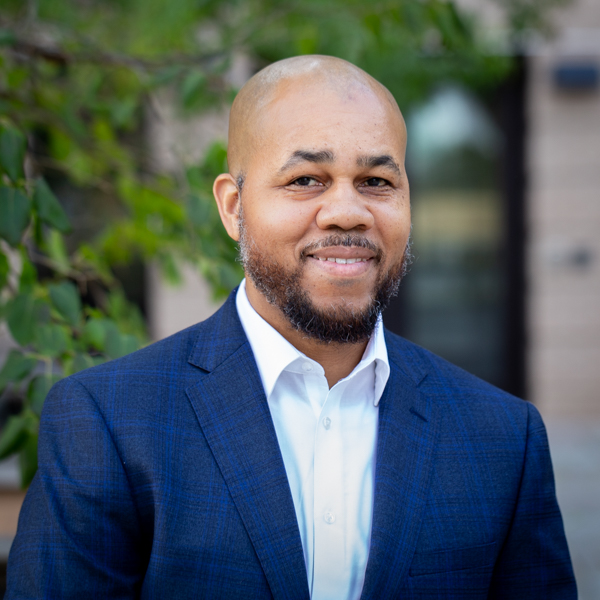
|
John B. Diamond is Professor of Sociology and Education Policy in Brown University's Department of Sociology and Annenberg Institute for School Reform. Before coming to Brown, he was the Kellner Family Distinguished Chair in Urban Education and Professor of Education at Wisconsin–Madison. A sociologist of race and education, he studies the relationship between social inequality and educational opportunity, examining how educational leadership, policies, and practices operate through school organizations to shape students' educational opportunities and outcomes.
Despite the Best Intentions: How Inequality Thrives in Good Schools, his award-winning book with Amanda Lewis examines how racial inequality thrives in racially diverse suburban schools. The book won the Eduardo Bonilla-Silva Award from the Society for the Study of Social Problems Division of Racial and Ethnic Minorities. In addition to completing a second edition of Despite the Best Intentions, Diamond is writing a new book, Defending the Color Line (Harvard Education Press).
In earlier work, Diamond helped develop the distributed perspective on school leadership and management and published Distributed Leadership in Practice (co-edited with James Spillane). He continues to work on leadership, organizations, and organizational change issues. With colleagues from UW-Madison and other institutions, he was recently awarded a major grant from the Wallace Foundation to study the development and implementation of equity-centered principal pipelines in several school districts across the United States.
Diamond has helped create space for engaged scholarship in sociology and education. He is an advisory board member of the American Sociological Association's Sociology Action Network, has helped build research-practice partnerships between universities and school districts, and is a National Planning Team Member of the Urban Research Action Network (URBAN). With URBAN colleagues, he co-edited a special issue of Urban Education on community-engaged scholarship. Numerous media outlets have highlighted his work, including CNN, New York Times, Boston Globe, C-SPAN, Education Week, Bloomberg Business News, Crain's Chicago Business, and several public radio and television stations.
Diamond received his B.A. in Sociology and Political Science from the University of Michigan and his Ph.D. in Sociology from Northwestern University. He currently co-edits Sociology of Education (with Odis Johnson Jr.).
|
ABOUT THE MODERATOR AND COMMENTATORS
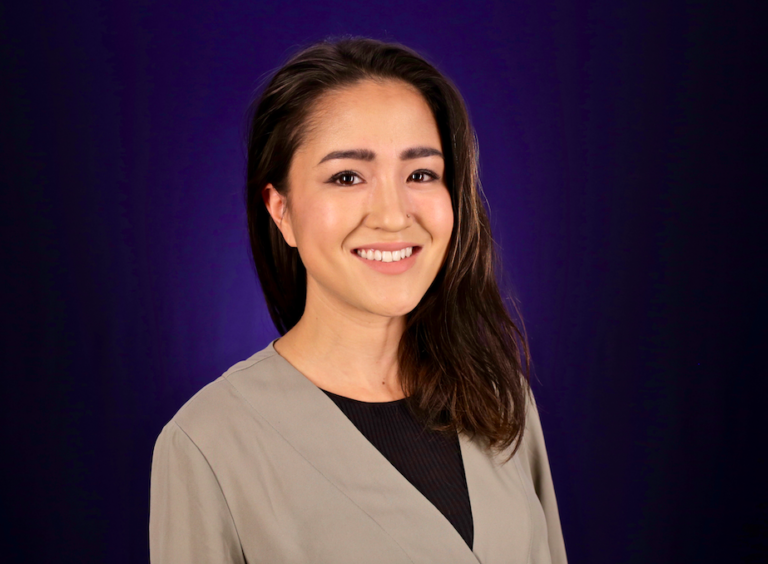
|
Alia Wong is an award-winning reporter based in the Washington, D.C., area who covers inequities in education for USA Today. Alia previously worked as a staff writer and associate editor at The Atlantic, where she developed its education section. Born and raised in Hawai‘i, she began her journalism career as a watchdog education reporter at Honolulu Civil Beat. Wong has also served as a volunteer teacher. She has a BS in journalism and BA in Latin American Studies from Boston University.
|
|
|
|
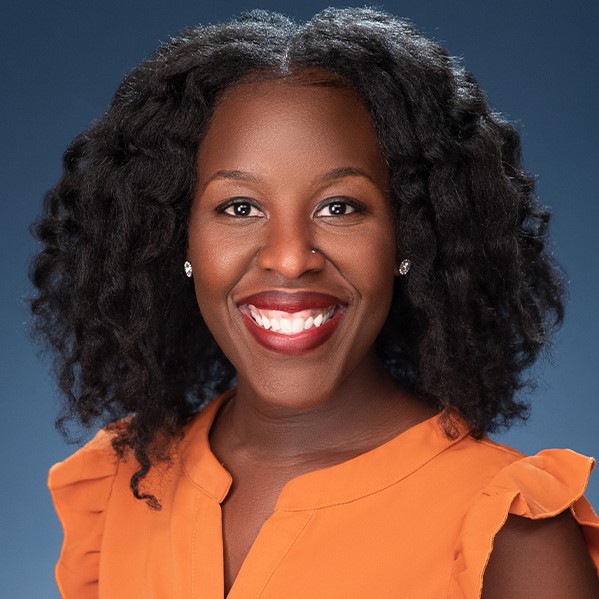
|
Akilah Alleyne is the Director and team lead for K-12 Education Policy at the Center for American Progress. She serves on the board of directors for the American Civil Liberties Union of Delaware. Prior to joining the Center for American Progress, she served as a NextGen Fellow for the USGLC Global Leadership Coalition while working on the Hill for Senator Tom Carper (D-DE). Her research and policy work on civil rights and civic engagement spans a wide range of policy ideas, including using storytelling to examine the intersections between K-12 assessment and accountability systems and policymaking at all levels of government (local, state, and federal). Alleyne is committed to expanding access to opportunity, resources, and funding through an equity lens to improve the lives of children, young adults, and families across the United States. She holds a master’s degree and Ph.D. in Sociology from the University of Delaware.
|
|
|
|
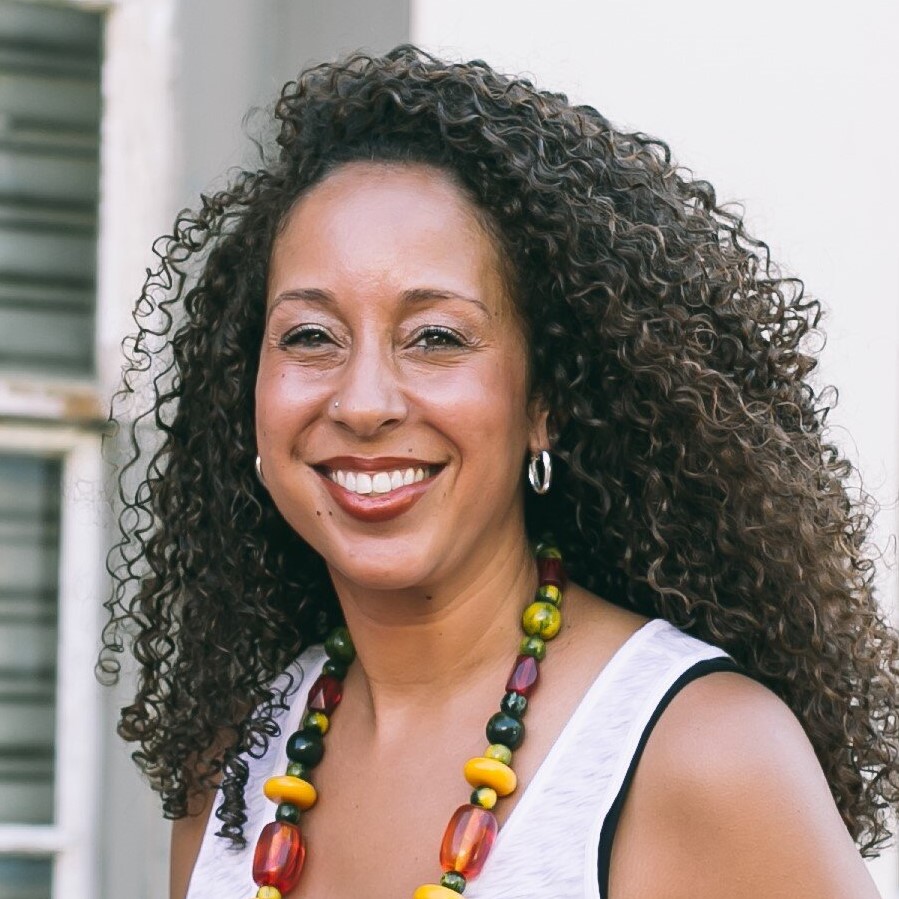
|
Michelle Molitor is the Executive Director of The Equity Lab (TEL). Prior to founding Fellowship for Race and Equity in Education and TEL, Ms. Molitor was a founding administrator of E.L. Haynes Public Charter School, where she served as the Director of Year Round Programs, Assistant Principal, and Principal of the Elementary School from 2004-2014. Before joining E.L. Haynes, Molitor taught in Fairfax County Public Schools, served as the Education Coordinator aboard The Freedom Schooner Amistad, and helped lead humanitarian educational travel with People to People Student Ambassador and International groups. In 2012, she was a recipient of The Washington Post’s Agnes Meyer Distinguished Educational Leadership Award. Molitor earned her Bachelor of Science degree in Education from Central Michigan University and completed her Master of Science in Administration at Trinity University through New Leaders for New Schools, an urban principal training fellowship.
|
WITH SPECIAL THANKS TO FRIENDS OF THE BROWN LECTURE
| American Anthropological Association
|
| American Institutes for Research
|
| American Political Science Association
|
| American Statistical Association
|
| American University School of Education
|
| Attallah College of Educational Studies, Chapman University
|
| Brown University: Department of Sociology
|
| College of Education and Human Sciences at the University of Nebraska-Lincoln
|
| College of Education, University of Illinois Urbana-Champaign
|
| Council of Graduate Schools
|
| Foundation for Child Development
|
| Institute for Educational Leadership (IEL)
|
| Learning Policy Institute
|
| Michigan State University College of Education
|
|
| Peabody College, Vanderbilt University
|
| Sage Publications
|
| School of Education and Human Development, University of Virginia
|
| Spencer Foundation
|
| Stanford Graduate School of Education
|
| Teachers College, Columbia University
|
| Temple University - College of Education and Human Development
|
| TCU College of Education
|
| The Wallace Foundation
|
| University Council for Educational Administration (UCEA)
|
| University of Arizona College of Education
|
| University of Iowa College of Education
|
| University of Maryland College of Education
|
| University of Washington College of Education
|
|
ABOUT AERA LEADERSHIP
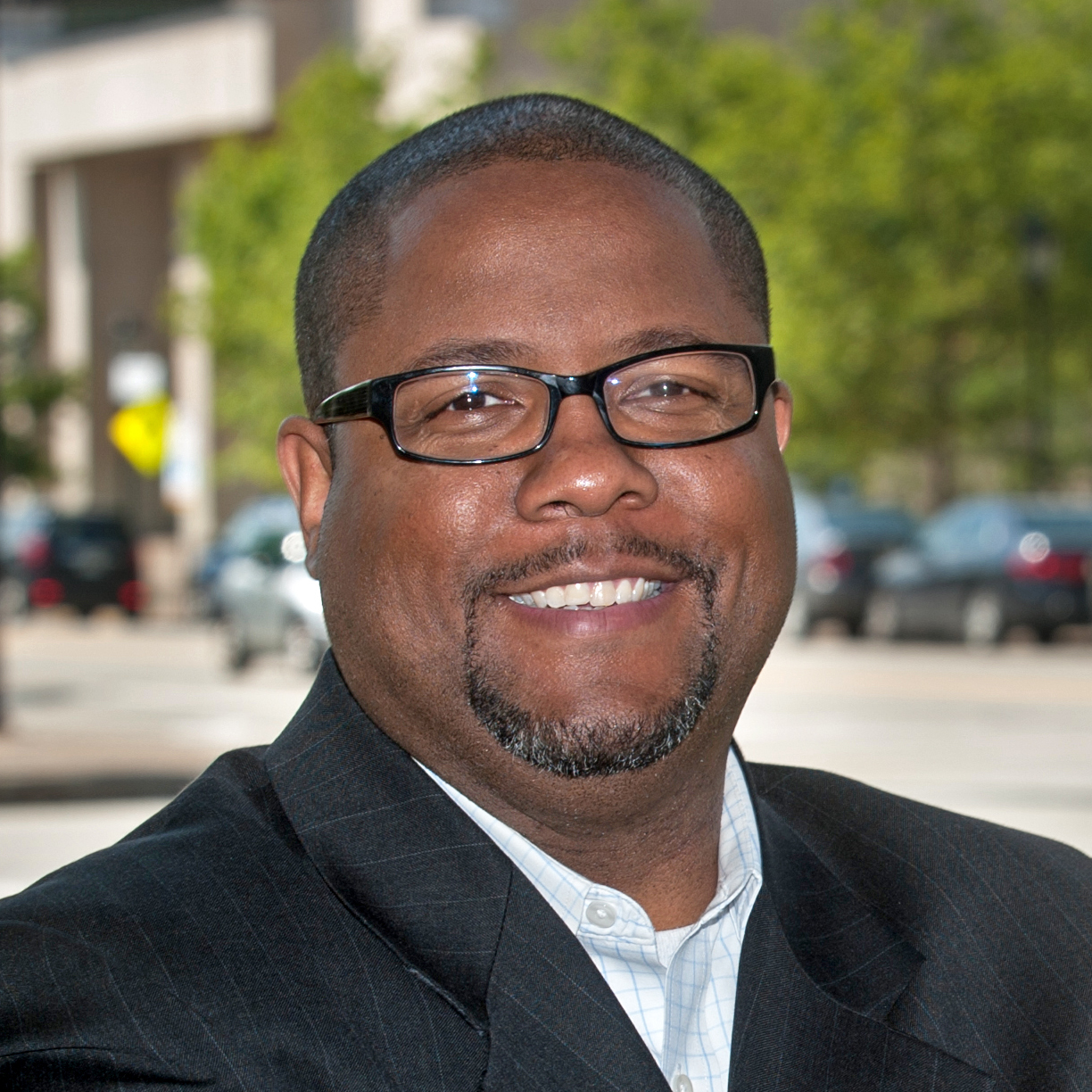
|
AERA 2022-2023 President H. Richard Milner IV is Cornelius Vanderbilt Chair of Education in the Department of Teaching and Learning at Vanderbilt Peabody College of education and human development. He has secondary appointments in Peabody’s Department of Leadership, Policy and Organizations and the Department of Sociology in Vanderbilt’s College of Arts and Science. Milner’s research focuses on urban education and teacher education. His work has appeared in numerous journals, and he is the author of seven books which includes Rac(e)ing to Class: Confronting Poverty and Race in Schools and Classrooms (2015), “These Kids are out of Control:” Why We Must Reimagine Classroom Management (2018), and Start Where You Are But Don’t Stay There: Understanding Diversity, Opportunity Gaps, and Teaching in Today’s Classrooms (2020).
|
|
|
|
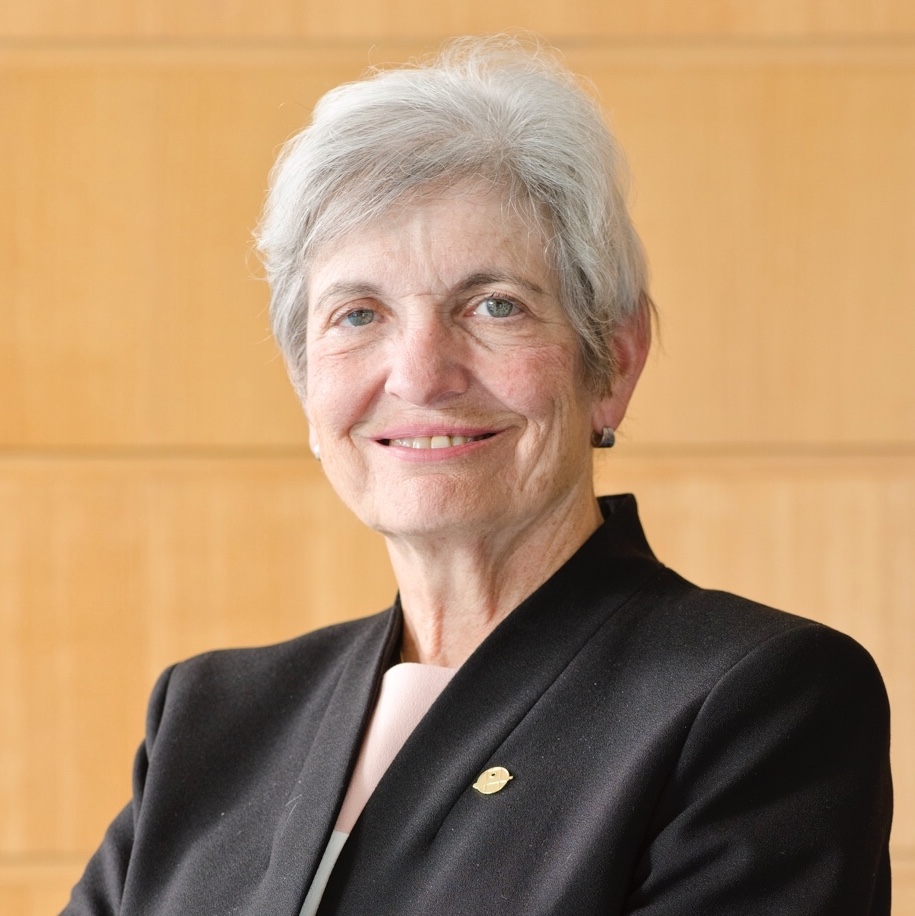
|
Felice J. Levine is executive director of the American Educational Research Association, where she champions the advancement of knowledge; the use of sound research in policy and practice; and systematic change that promotes equity and inclusion. Her areas of expertise include science policy, research ethics, data access and sharing, and the scientific and academic workforce. Her current projects include an initiative to foster rethinking on what counts as quality, productivity, and impact in scientific and scholarly work; a systematic review of the cumulative significance of systemic racism for students; and a study of the impact of COVID-19 on doctoral students and early-career researchers. Levine chairs the Board of the Council of Professional Associations on Federal Statistics, chairs the Social, Economic, and Political Sciences Section of the American Association for the Advancement of Science, and co-chairs the Societies Consortium on Sexual Harassment in STEMM. Levine is a recent past president of the World Education Research Association.
|
ABOUT THE ANNUAL BROWN LECTURE IN EDUCATION RESEARCH
The Annual Brown Lecture in Education Research illuminates the important role of research in advancing understanding of equality and equity in education. The Lectureship was inaugurated in 2004 to commemorate the 50th anniversary of the landmark Brown v. Board of Education decision, in which the U.S. Supreme Court took scientific research into account. Each year a distinguished scholar notable for producing significant research related to equality in education is invited to give this public lecture in Washington, D.C.
2022 BROWN LECTURE SELECTION COMMITTEE
Rich Milner • Na'ilah Suad Nasir • Felice J. Levine • Jamel Donnor • Raquel Rall • Venus E. Evans-Winters • George L. Wimberly
PREVIOUS LECTURERS
2021 - Lori Patton Davis, The Ohio State University
2020 - William F. Tate IV, University of South Carolina
2019 - Prudence L. Carter, University of California, Berkley
2018 - H. Richard Milner IV, Vanderbilt University
2017 - Alfredo J. Artiles, Arizona State University
2016 - Marta Tienda, Princeton University
2015 - Teresa L. McCarty, University of California, Los Angeles
2014 - James D. Anderson, University of Illinois at Urbana-Champaign
2013 - Gary Orfield, University of California, Los Angeles
2012 - Vanessa Siddle Walker, Emory University
2011 - Gloria J. Ladson-Billings, University of Wisconsin, Madison
2010 - Kenji Hakuta, Stanford University
2009 - Luis C. Moll, University of Arizona
2008 - Stephen W. Raudenbush, University of Chicago
2007 - Margaret Beale Spencer, University of Chicago
2006 - Linda Darling-Hammond, Stanford University
2005 - Claude M. Steele, Stanford University
2004 - Edmund W. Gordon, Teachers College, Columbia University
ABOUT AERA
The American Educational Research Association (AERA) is the largest national interdisciplinary research association devoted to the scientific study of education and learning. Founded in 1916, AERA advances knowledge about education, encourages scholarly inquiry related to education, and promotes the use of research to improve education and serve the public good. With members from 96 countries, AERA is committed to expanding its connections to the global research community, and is actively involved in advancing the field of education research worldwide.
|